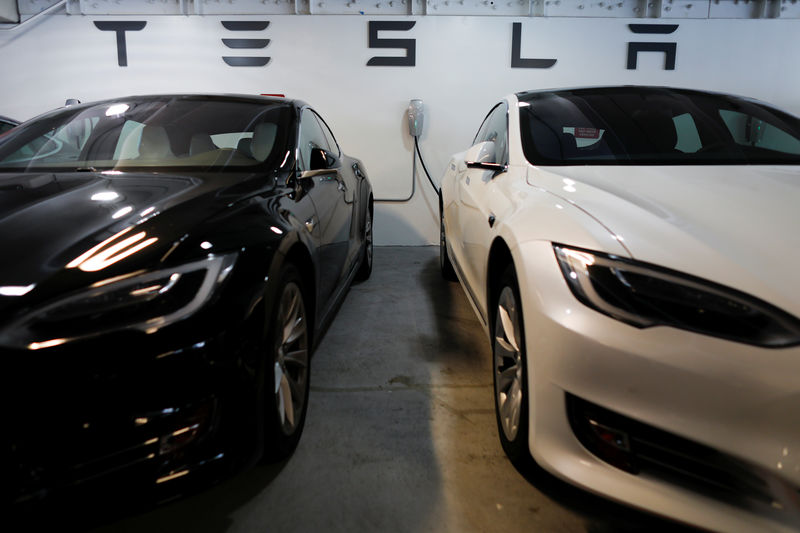Tesla (NASDAQ:TSLA) has been losing market share across all regions and segments within both electric vehicle (EV) and xEV categories, according to Bernstein analysts.
Analysts note that Tesla's share of the global xEV market has been on a steady decline since 2019, from 17.5% in that year to 12% in the first half of 2024. The battery electric vehicle (BEV) market share has also seen a sharp drop, falling from 28% in 2019 to just 20% in 2024.
The decline is particularly stark in North America, where Tesla once commanded an overwhelming 77% of the BEV market in 2019. As of the first half of 2024, that share has dropped to 48%.
“We don’t believe that Tesla will be able to regain share or grow materially until it launches all new, lower priced offerings – likely only in 2026 and 2027 – and believe the company’s valuation is increasingly disconnected from prevailing fundamentals,” Bernstein analysts said.
Tesla has consistently been difficult to predict in the short term, analysts argue, and this challenge is heightened by the uncertainty surrounding the company's upcoming Robotaxi announcement in October.
Despite this, they point out that Tesla’s automotive business does not appear to have reached its lowest point in terms of margins.
Bernstein expects minimal growth for the automaker in 2024 and 2025, emphasizing that growth stocks typically perform well only when they are actively growing.
The analysts also express doubts about Tesla’s success in the autonomy space, noting that Elon Musk’s company “has a history of unveiling concepts that are years away from being ready for release.”
“Accordingly, we suspect that the October Robotaxi announcement will be long on vision and short on deliverable product, and could end up being a “sell-the-news” event,” they added.
“While we recognize that Tesla could be a difficult short heading into the event, the stock is trading at >80x our FY 25 EPS estimates, and we see longer-term risk-reward as unfavorable,” analysts wrote, reiterating an Underperform rating and their $120 price target on the stock.
The intensifying competition in the EV market is among the factors contributing to Tesla’s share loss. On top of that, the automaker’s average selling prices (ASPs) fell by nearly 10% to 20% year-over-year.
Bernstein's report also points out that the broader EV market growth has slowed, with BEV sales growth being particularly tepid.
While the global xEV market grew by 21% year-over-year in the first half of 2024, BEV sales only increased by 9%, a significant deceleration from previous years. Meanwhile, growth in Plug-in Hybrid Electric Vehicle (PHEVs) remained strong, surging 49% during the same period.
